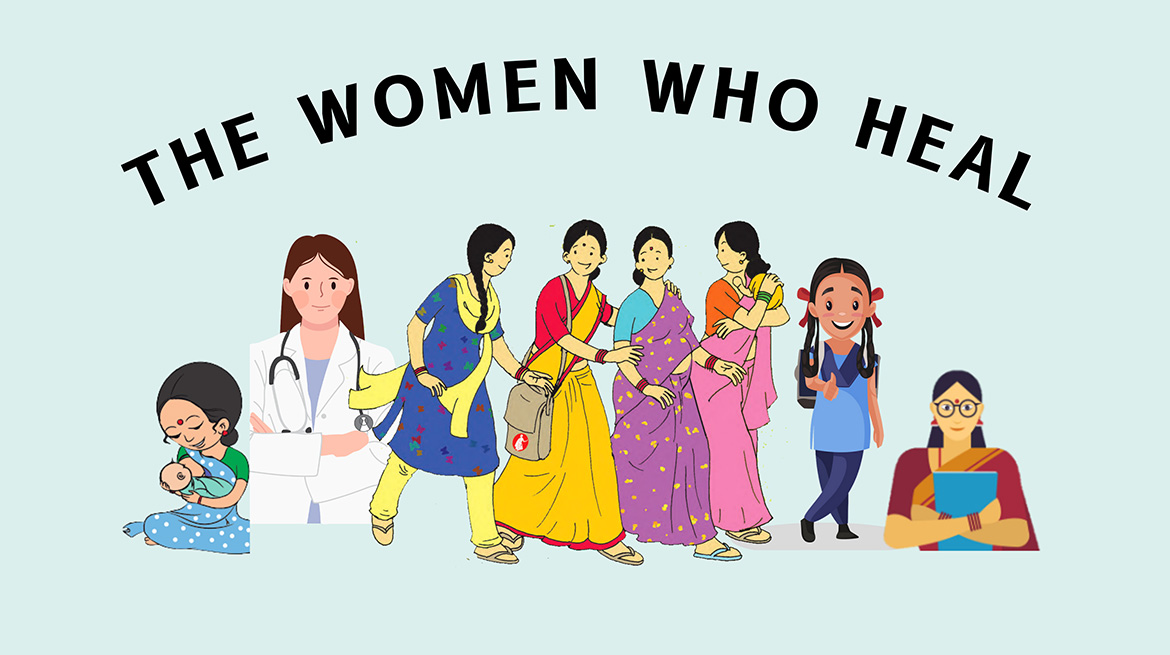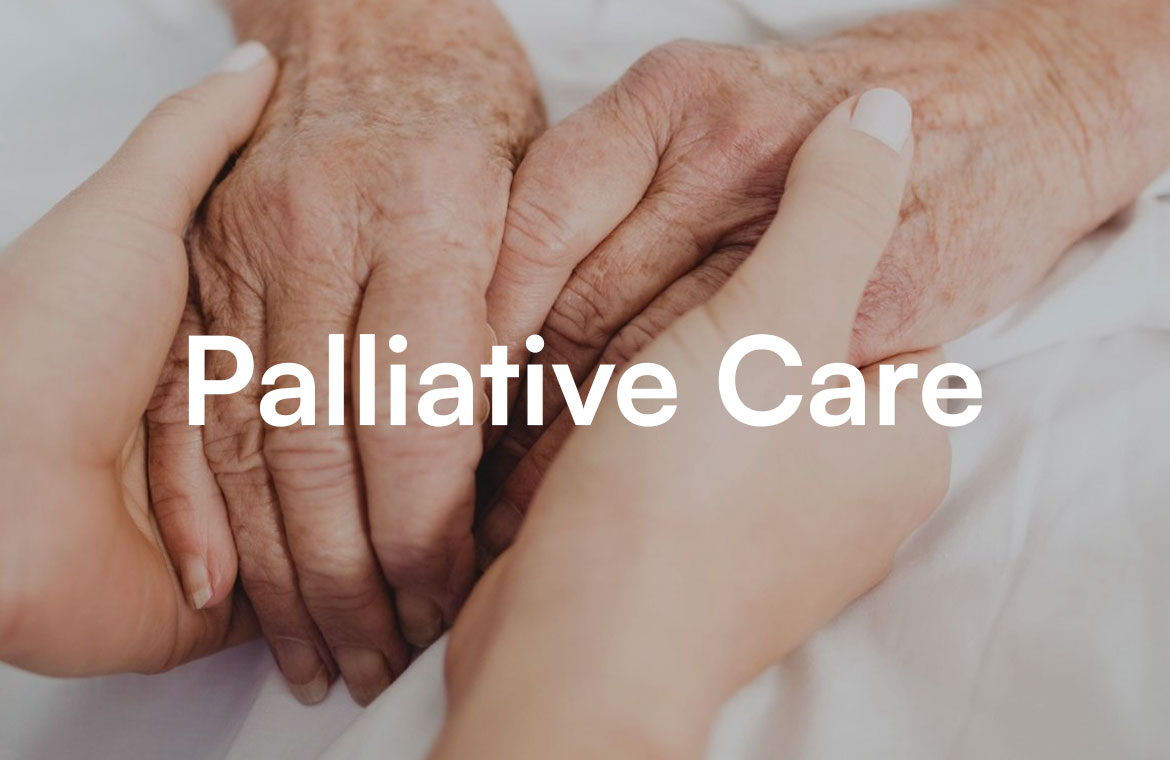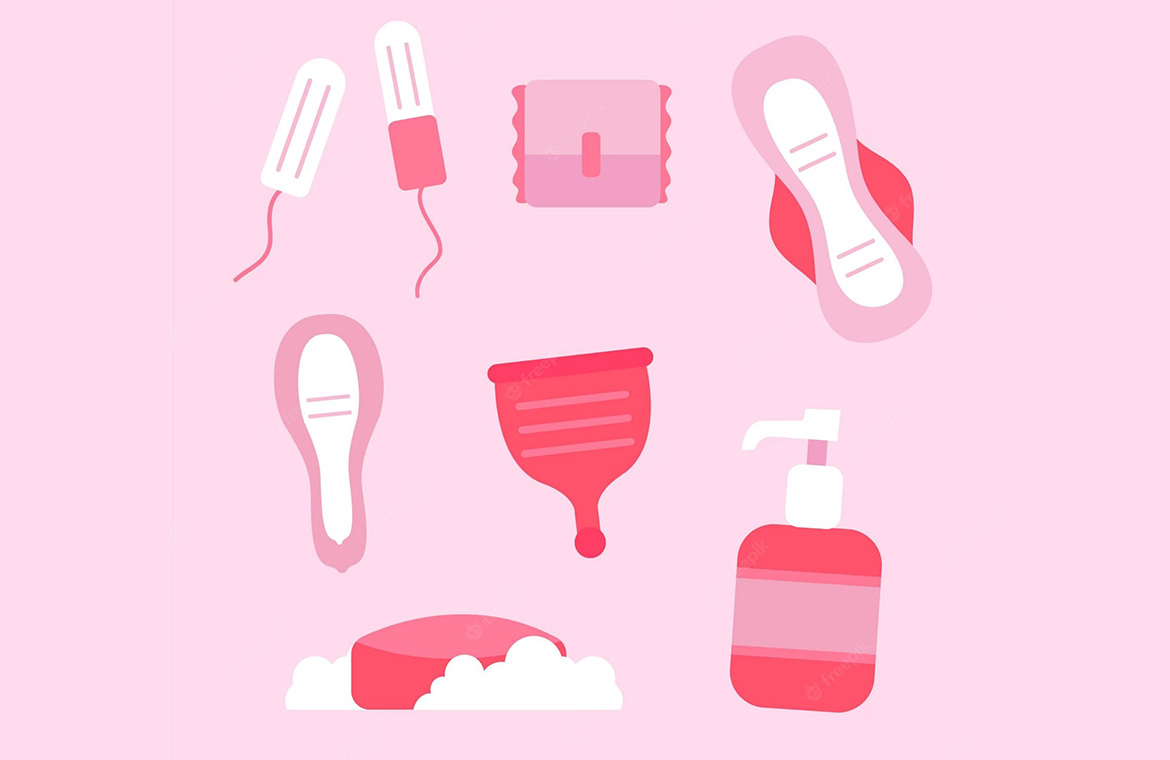In the early hours of dawn, before the village awakens, Sunita ties her dupatta firmly around her shoulders, picks up her medical kit, and steps out. She knows that she has a long day ahead. As an Accredited Social Health Activist, she is often the first and sometimes the only healthcare provider for pregnant women, newborns, and the elderly in her community. She is not a doctor, but to the mothers who trust her with their children’s health, she is everything. Sunita’s day begins with visiting expectant mothers, ensuring they receive proper antenatal care, educating them about nutrition, and preparing them for safe deliveries.
Walk into any clinic in a village, an urban slum, or a remote healthcare camp, and you will find many women like Sunita at the forefront, holding the hands of the sick, listening to the unheard, and fighting for the unseen. Their roles go beyond medical care; they are the pillars of strength that keep the wheels of public health turning.
Consider the story of Kamla, an Auxiliary Nurse Midwife. Her journey often takes her across various terrains, but her resolve remains unshaken. Armed with her medical kit, she conducts routine immunisation sessions, ensuring that every child receives life-saving vaccines. Her duties extend beyond immunisation; she offers antenatal and postnatal care, counsels families on nutrition and sanitation, and addresses minor ailments. During a measles outbreak, she collaborated with UNICEF-supported social workers to conduct door-to-door immunisation drives. Her proactive approach ensured that even the most remote households were reached, significantly curbing the spread of the disease.
In a small Integrated Counselling and Testing Centre, a counsellor teaching others about HIV prevention is not just spreading awareness; she saves lives, one conversation at a time. A young doctor in an STI clinic, guiding another young girl about menstrual health and sexual hygiene is not just imparting knowledge, she is breaking the chains of shame, giving that girl confidence and dignity. A dai delivering babies in the remotest corners of the country is fighting maternal mortality, one birth at a time. In her hands, the miracle of life is safe. A woman doctor in an outreach centre is more than a physician. She treats not just illnesses but also alleviates fears, offering comfort to mothers worried about their malnourished children or to elderly patients struggling with chronic diseases.
Amidst this, I remember the story of my colleague. Diagnosed with anaemia in the first trimester of her pregnancy itself, she was advised to rest and prioritise her health. However, her sincerity and sense of duty extended beyond that. She was posted at a rural health centre. With the support of her family and colleagues, she decided to continue her visits to the rural health centre. Her journey was neither short nor easy. Each trip involved a train ride followed by an uncomfortable rickshaw ride to reach the outreach centre. Despite her fatigue, nausea and the physical demands of pregnancy, she remained resolute. At the centre, she conducted health check-ups, prescribed iron and folic acid tablets, educated women on nutrition and hygiene, and addressed their concerns with patience and compassion. Her presence was comforting to other expectant mothers like her.
In the bustling metropolis of Mumbai, the women in the Public Health Department, including the Executive Health Officer, sift through reports of disease outbreaks, malnutrition cases, and sanitation challenges. They make the hard decisions: where to allocate funds, how to deploy more doctors to underserved areas, how to fight yet another public health crisis. Their desks may be away from the slums, but they carry their struggles of these communities in their hearts.
Beyond the titles and roles, there are women whose contributions remain invisible. The mother who encourages her daughter to become a doctor despite societal resistance. The wife who supports her husband’s community work. In the shadows of society, social workers and outreach workers fight battles most will never see. They counsel HIV-positive women, advocate for sex workers’ health rights, and create safe spaces for those living with stigma. Their efforts are the difference between despair and dignity, between isolation and support.
The journey of women in medicine is not without challenges. Safety concerns, societal pressures, and resource constraints are constant hurdles. The tragic incident at R.G. Kar Medical College and Hospital in Kolkata, where a young female doctor was brutally assaulted and murdered, highlights the pressing need for systemic changes to ensure their safety and well-being. But despite these challenges, the resilience and dedication of these women shine through. Their stories inspire and pave the way for future generations. The book “Lady Doctors: The Untold Stories of India’s First Women in Medicine” by Kavitha Rao describes the journeys of six pioneering women who broke societal barriers to become India’s first female physicians. Their legacies serve as a testament to the spirit of women in medicine.
On this International Women’s Day, we celebrate the silent warriors, the compassionate caregivers and the fierce women in community medicine who dedicate their lives to healing and transforming. These women do not seek praise. They do not ask for recognition. They work because they care. And we must fight for their education, safety, and opportunities.
Happy International Women’s Day!!




